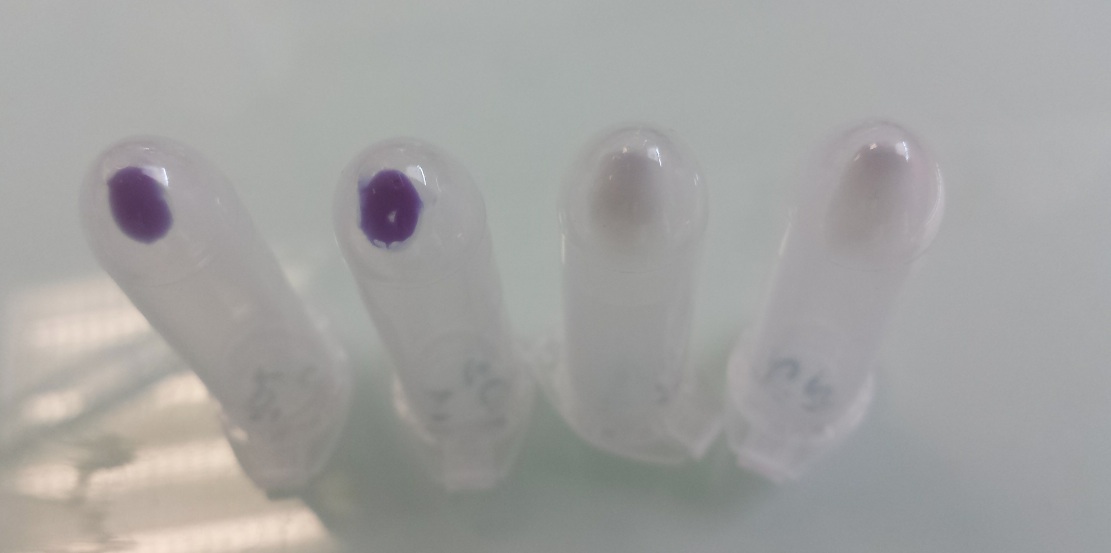Part:BBa_K1155000
Pndh*
promoter region containing an operator and a promoter controlled by FNR that allow the repression of the downstream gene in anaerobic conditions
In Escherichia coli, the switch between aerobic and anaerobic metabolism is partly regulated the transcriptional regulator FNR. This protein has a dual function: it activates genes involved in anaerobic metabolism and represses genes involved in aerobic metabolism. FNR expression is constitutive, but its activity is directly affected by the presence of oxygen which oxidizes of an essential [4Fe-4S] cluster.
The expression of the ndh gene, encoding an non-proton-translocating NADH dehydrogenase is repressed by FNR in anaerobic conditions. FNR binds at two sites in the promoter region of ndh: a high affinity site (FNRI), and a low affinity, imperfect site (FNRII). In 1997, Meng and colleagues designed a modified ndh promoter region, called Pndh*, with a FNRII site engineered to have a perfect FNR binding site, improving 10 fold the degree of anaerobic repression in vivo.
Sequence and Features
- 10COMPATIBLE WITH RFC[10]
- 12COMPATIBLE WITH RFC[12]
- 21COMPATIBLE WITH RFC[21]
- 23COMPATIBLE WITH RFC[23]
- 25COMPATIBLE WITH RFC[25]
- 1000COMPATIBLE WITH RFC[1000]
Characterization
To characterize BBa_K1155000, we introduced the reporter composite biobrick BBa_K1155003 (based on the blue chromoprotein AmilCP) downstream of BBa_K1155000, using the 3A assembly protocol. We then introduced the resulting plasmid in E. coli DH5α and cultivated the strain in anaerobic and aerobic conditions in liquid LB medium overnight at 37°C. After centrifugation of the cultures, the cellular pellet had a clear blue/purple color for cells grown in aerobic conditions, whereas the cells grown in anaerobic conditions remained white.
Tubes 1 and 2: Cellular pellet of cultures grown in aerobic conditions
Tubes 3 and 4: Cellular pellet of cultures grown in anaerobic conditions
Reference
Meng W., Green J. and Guest J. R. (1997). FNR-dependent repression of ndh gene expression requires two upstream FNR-binding sites, Microbiology, 143, 1521-1532.
| None |

